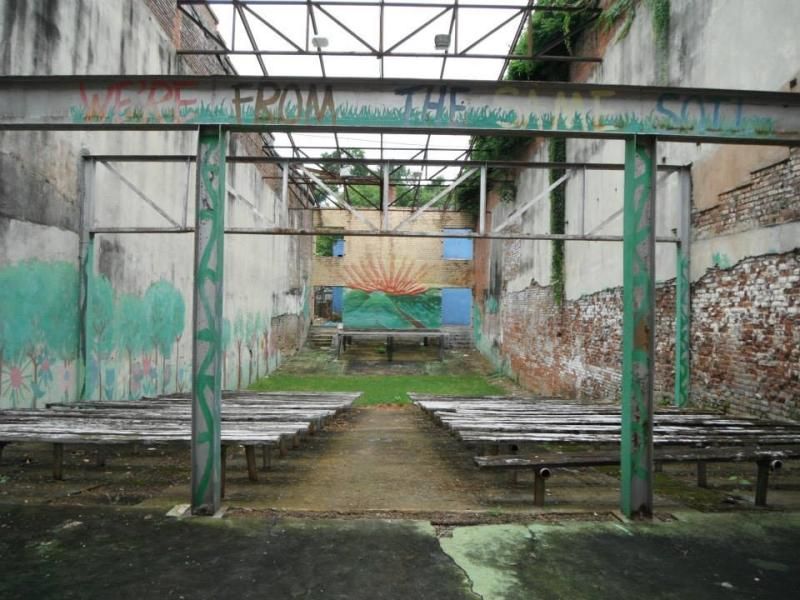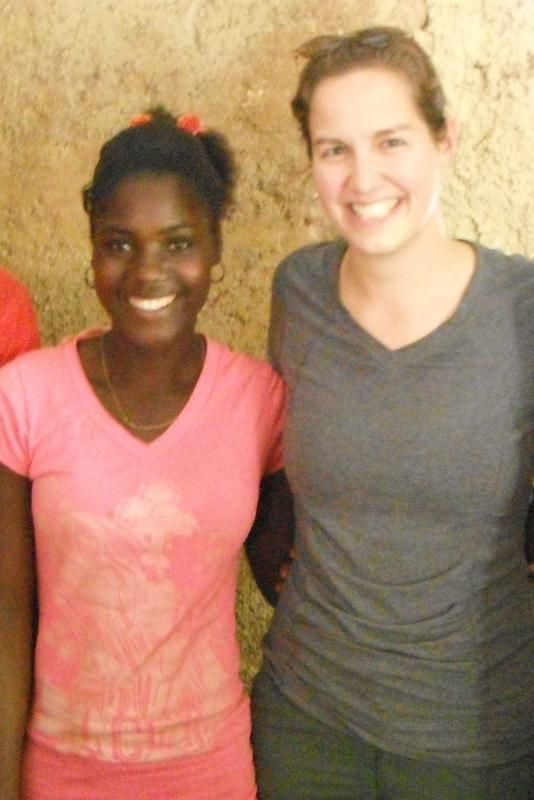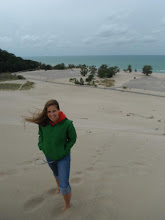I know, no one is surprised.
I'm going to Union Presbyterian Seminary in the fall, for a Masters of Divinity. That's the degree people get when they want to be ordained as teaching elders (pastors) in the PC(USA), the church that I already work for on a regional level.
Here are the answers to a few question you might have. Some have actually been asked. I made up the rest of them for fun. I'll let you guess which are which.
Wait, what?
I'm going to Union Presbyterian Seminary in the fall, for a Masters of Divinity. That's the degree people get when they want to be ordained as teaching elders (pastors) in the PC(USA), the church that I already work for on a regional level. Did I stutter?
You (are Presbyterian/ go to church/ believe in God/ etc)?
Oh, stop. If this really surprises you, you haven't been paying attention at all. I've been employed by Presbyterians on and off for over a decade, and I rarely stay out late on Saturday nights, and I'm almost always busy on Sunday mornings.
But, why?
I guess to make a long story short, I have this lovely background in geography and environmental stuff that I am deeply passionate about, but I've been doing a lot of this kind of work for the church for some time now, and it would be nice to have some basic theological understanding and vocabulary to better serve said church (and world) in this fantastic field.
Frederick Buechner said, "Vocation is the place where our deep gladness meets the world's deepest need." Maybe in seminary, I will learn who Frederick Buechner is.
So what are you going to be, a pastor to the goats/rocks/trees/etc? Do they listen?
Yes.
No really, I don't get it.
So there's a thing called validated ministry in the church I serve, in which people are ordained to stuff that isn't necessarily parish ministry. Ordination means you've got the church's blessing and affirmation in what you're doing. For example, Mr. Rogers was ordained by the Presbyterian church to spread a gospel of peace and love through his public television show. At the very least, I will have a different kind of education to support the work I am doing. If I survive the coursework and the paperwork, I might someday be ordained to it, too. Or not. We'll find out, won't we?!
Do I have to go around calling you Reverend now?
There's a lot of stuff I have to do before that's even allowed, but no.
Don't all YAVAs (Young Adult Volunteer Alums) go to seminary/into ministry?
No, but I am certainly participating in a staggering statistic. And ministry doesn't always happen from a pulpit, inside of a church.
What are you, a perpetual student?
I sure hope so, whether I'm currently attending some educational institution or not.
I'm not Presbyterian. Can we still be friends?
Of course! Some of my favorite communities I've visited and experienced in the past few years have not been Presbyterian, or even Christian. We all live on the same earth, don't we? It shouldn't matter.
I don't believe in God. Can we still be friends?

In case you can't read it, it says, "We're from the same soil." The mural is in Itta Bena, MS, and I think it explains a lot. You are always welcome at my table, and I hope I can be welcome at yours.
What about that cool job you JUST STARTED?
I love it! So much! (I will continue working there as long as they will have me. It's kind of part of the reason I'm going to seminary anyway.)
Are you moving? Again?
Union is in Richmond, just a few miles from our current apartment. Mike said a better question would be, does this mean you're going to be in one place for several years? Yes, we will be staying in the vicinity of Richmond for now. I make no promises about staying in one place more generally though.
What are you going to do with that?
You know, people asked me the same thing about geography (and they don't like when I remind them that Michael Jordan was a geography major). I'm going to do my best to be a decent human being and contribute all I can to this funny world we live in. I like to think this is only going to broaden the foundation for my conservation-focused, hey-let's-all-get-along, environmental/ peacemaking kind of work (with a little soil surveying and goat herding and chicken zen-ing on the side, of course).
At what point do you stop getting Masters degrees and start getting Doctorates, nerd?
I don't know, not right now.
Are you going to hit me over the head with the Bible?
No more than I hit you over the head with anything else. Also:
Still not going to win me over with the Scripture argument. It was written by humans, flawed like us. http://t.co/xKXY3QdUJd #14F #PCUSA
— Colleen Earp (@girlearp) March 18, 2015
How excited are you?
Yes, very nervous, thanks. But also kind of excited.
But I thought you love soil?
I do. That's why I'm going to seminary.
Why were you the last person to figure out you were going to do this?
You ask such good questions. When I told Mike, he was like, "Oh." and then, "Oh wait, was I supposed to sound surprised? Oh wow!" I had the same conversation with my parents, my bosses, and several close friends. Whatever, I figured it out in the end, didn't I?
All kidding and snark aside, this is an exciting adventure, and I have no idea where it's taking me, and I'm feeling pretty ok about that. Thanks for your encouragement, support, and love along the way!

